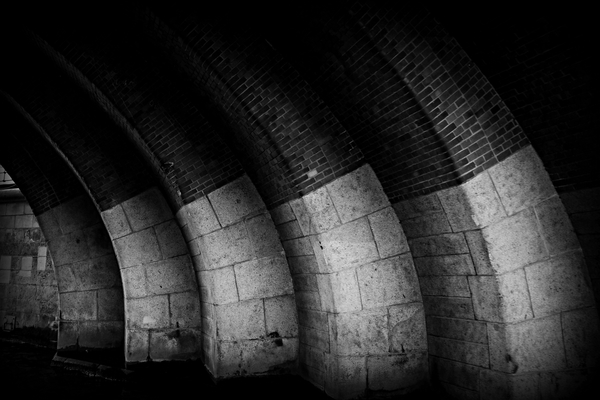Cultural heritage sites are in the spotlight of the 100+ Forum Russia

This fall in Experts from all over the world will gather in Yekaterinburg to share their successful experience working with the most complex cultural heritage sites and try to bring order to the protection legislation.
The international Forum 100+ Forum Russia, which brings together the largest specialists in construction and related industries from all over the world, will this time become a platform for heated discussions on how to work with cultural heritage sites. Over the years, the main topics of the forum have been bridges and large-span structures, underground and steel construction, sports facilities and others, but this year one of the important areas of work will be the topic of preservation of architectural monuments.
Experts note that historical sites are important elements of the urban environment. The condition of cultural heritage sites in cities directly affects the tourist and investment attractiveness of cities. Being competently saturated with the necessary function, such objects become an integral part of the tourist environment and urban space in general.
Despite the strictness of the security legislation, which imposes a large number of restrictions on the methods and scope of reconstruction, leading restorers know many ways to breathe new life into ancient buildings, while preserving them entirely, rather than leaving individual facades, parts and elements in the list of objects of protection with the help of expertise. The unique experience of such specialists at the end of the 100+ Forum Russia will be summarized and published in the scientific research edition of the Russian Journal of Construction Science and Technology.
Yekaterinburg is home to one of the most striking examples of historical heritage and a vivid example of how an old building can be given a new lease of life. The palace, which has no analogues in the architecture of the Urals, built in the first quarter of the 19th century on the shore of the City Pond, is listed in the federal register of Cultural Heritage sites as the "Sevastyanov House" — named after one of the owners. In Soviet times, the Ural Commissariat of Labor was located here first, then the regional Council of Trade Unions, and in the post-perestroika years, numerous offices were located there. But by 2009, when Yekaterinburg hosted the Shanghai Cooperation Organization summit, the building had been completely renovated to house the residence of the President of Russia.
This successful case for Yekaterinburg, however, is not the most revealing. The experts of the 100+ Forum Russia will have to discuss more problematic issues. One of them is the restoration of decaying cultural heritage sites, which are difficult to restore due to legislative obstacles. There are plenty of such examples all over the country — first of all, these are residential buildings that are recognized as historical monuments and are at the same time owned by the general public.
Moreover, some experts are already sharply criticizing the parameters of recognizing objects as cultural heritage. Due to inconsistencies in legislation, they believe, buildings that frankly have no aesthetic value are recognized as monuments. Conversely, structures that have all the features of windows are not included in the list.
It is difficult to overestimate the importance of the problem of preserving cultural heritage, primarily because it is costly. In addition, any work on the cultural heritage site and even near it can be attributed to a unique construction, since in any case it will not be about standard, but individual solutions. At 100+ ForumRussia, restorers, lawmakers, investors and developers will join the discussion. According to the organizers, it is only through the joint efforts of all participants in this process that a competent mechanism of action can be developed.

